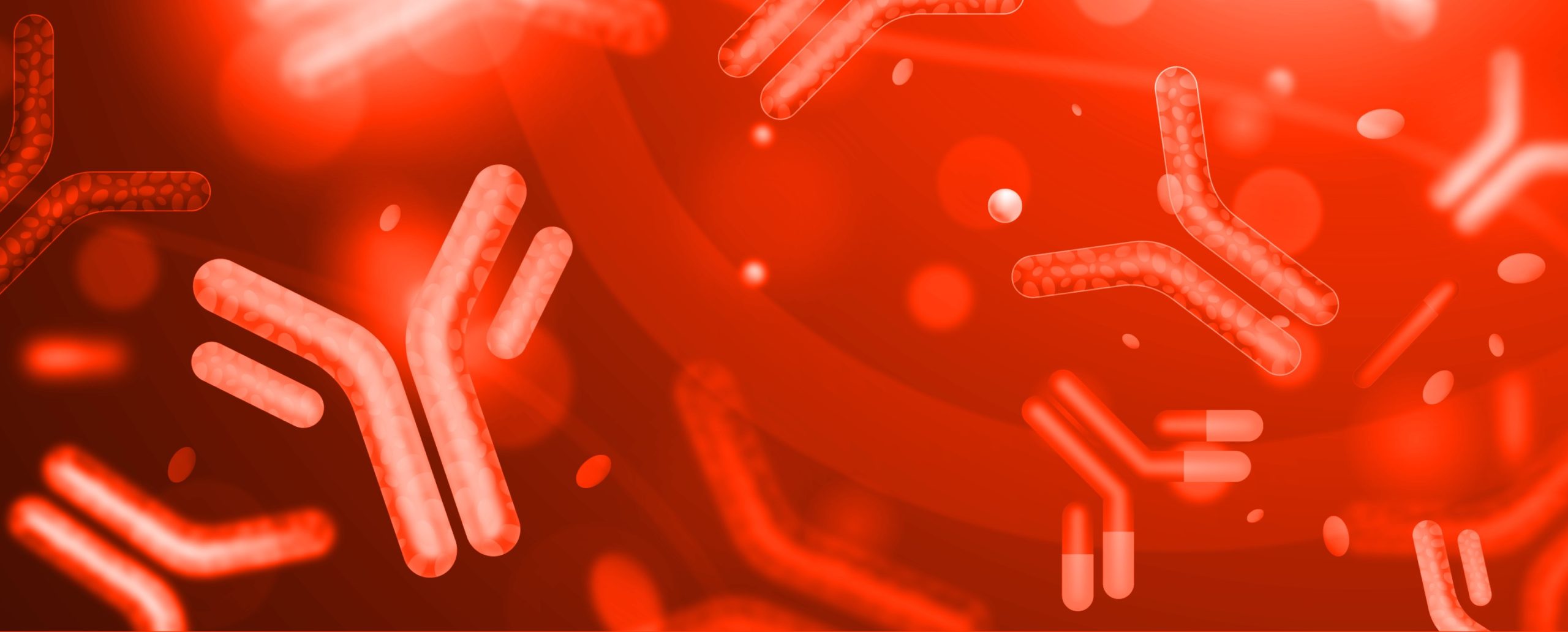What is wAIHA?
Warm autoimmune hemolytic anemia, or wAIHA, is a rare disease that affects about 45,000 people in the United States. People of any age, including children, may develop wAIHA, but it is more common in adults and may be slightly more common in women than men.

What is wAIHA?
Warm autoimmune hemolytic anemia, or wAIHA, is a rare disease that affects about 45,000 people in the United States. People of any age, including children, may develop wAIHA, but it is more common in adults and may be slightly more common in women than men.
ABOUT ONE OUT OF EVERY 8,000
PEOPLE ARE LIVING WITH WAIHA1
1. Keith R McCrae et al., “Identification of a Warm Autoimmune Hemolytic Anemia (wAIHA) Population Using Predictive Analytics of a Known Clinically Profiled Cohort,” Blood 136, Supplement 1 (2020), doi.org/10.1182/blood-2020-138557
wAIHA is a type of autoimmune disease. Autoimmune diseases occur when a person’s own immune system attacks healthy parts of the body. In autoimmune hemolytic anemias, antibodies, which normally protect the body by destroying harmful organisms, attach to red blood cells and identify them as targets to be attacked. Red blood cells carry oxygen throughout the body, so when they are damaged or destroyed, the body doesn’t get enough oxygen, which leads to a condition known as anemia.
What causes wAIHA?
wAIHA can be classified as either a primary or secondary condition. About half of wAIHA cases are classified as primary because the cause is unknown, with the rest being secondary to an underlying disorder.
There are a variety of conditions that cause secondary wAIHA including some types of cancer, other autoimmune diseases such as lupus or rheumatoid arthritis, infections, pregnancy, and certain prescription medications.
It’s especially important to identify the cause of secondary wAIHA, if any, because it may impact the patient’s care and treatment options.
Symptoms of wAIHA
Symptoms of wAIHA may be different from one person
to another and can vary depending on things like how
long the patient has had the disease, the degree of
severity, or the presence of an underlying disorder.
The most common symptoms of wAIHA include:
- fatigue
- difficulty breathing
- heart palpitations
- dizziness
- dark colored urine
- yellowing of the eyes & skin
Individuals may experience one or more of these
symptoms.
For more information about wAIHA, please visit the resources page.
